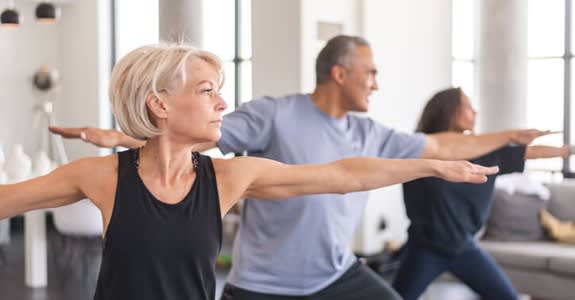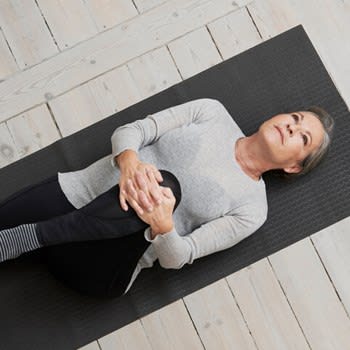
At-Home Health
You don’t have to leave home to stay healthy and active.
Important Resources
You can use the resources below to find at-home health services provided by official government agencies and other creditable organizations.
Read Our Featured Guides


Answer questions such as "When is Medicare Open Enrollment?" or "How do I enroll in 2024 Medicare?" Don't miss certain Medicare enrollment period deadlines, or you may be subject to higher costs, late enrollment penalties or lapses in coverage.


Medicare Advantage plans, also known as Medicare Part C, replace your Original Medicare coverage and can provide extra coverage. We break down the best Medicare Advantage plans in 2025 from top insurance companies.


Find and compare 2025 Medicare Advantage (Part C) plans and Medicare Supplement (Medigap) plans available where you live. Select your state to find out more about Medicare plans near you and learn how to sign up for Medicare in your state.





